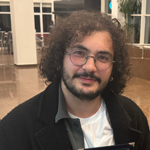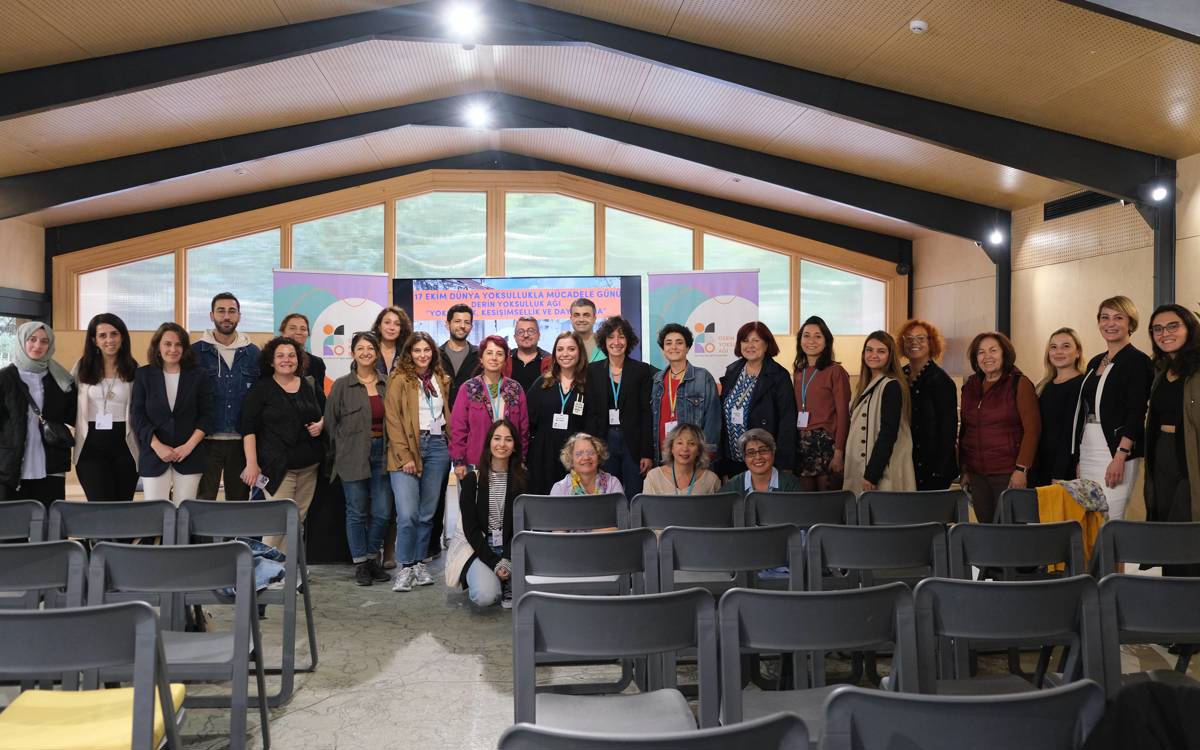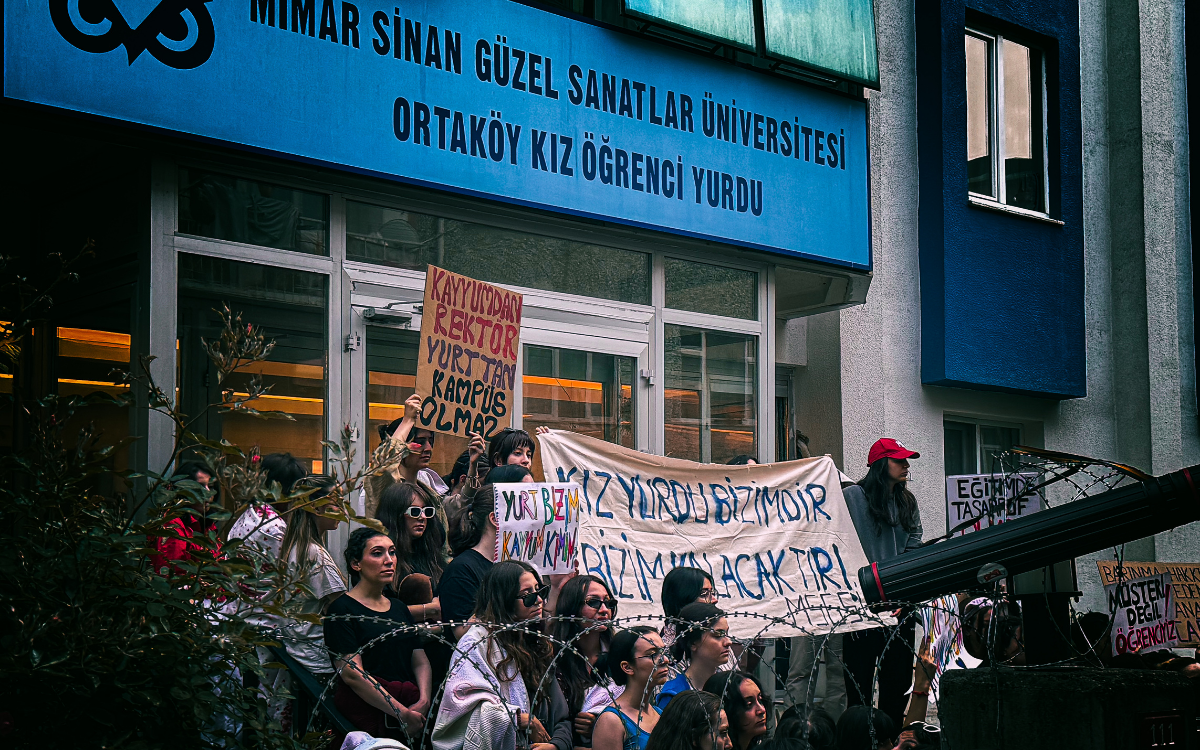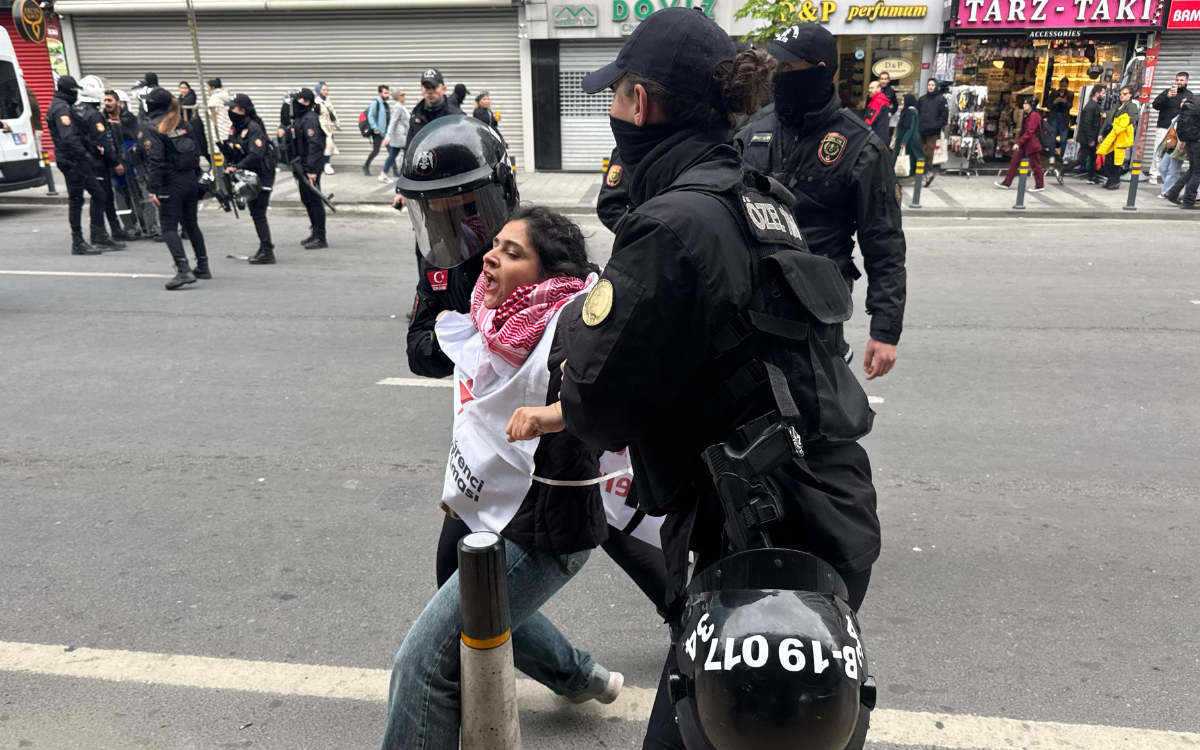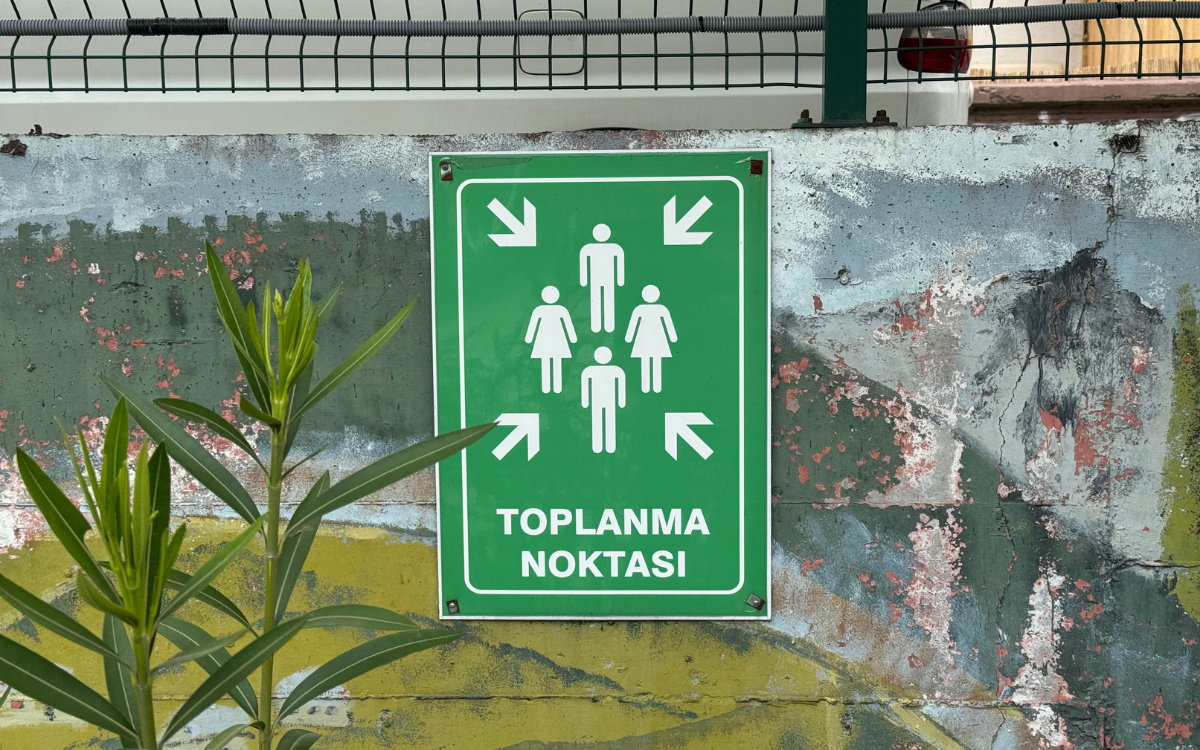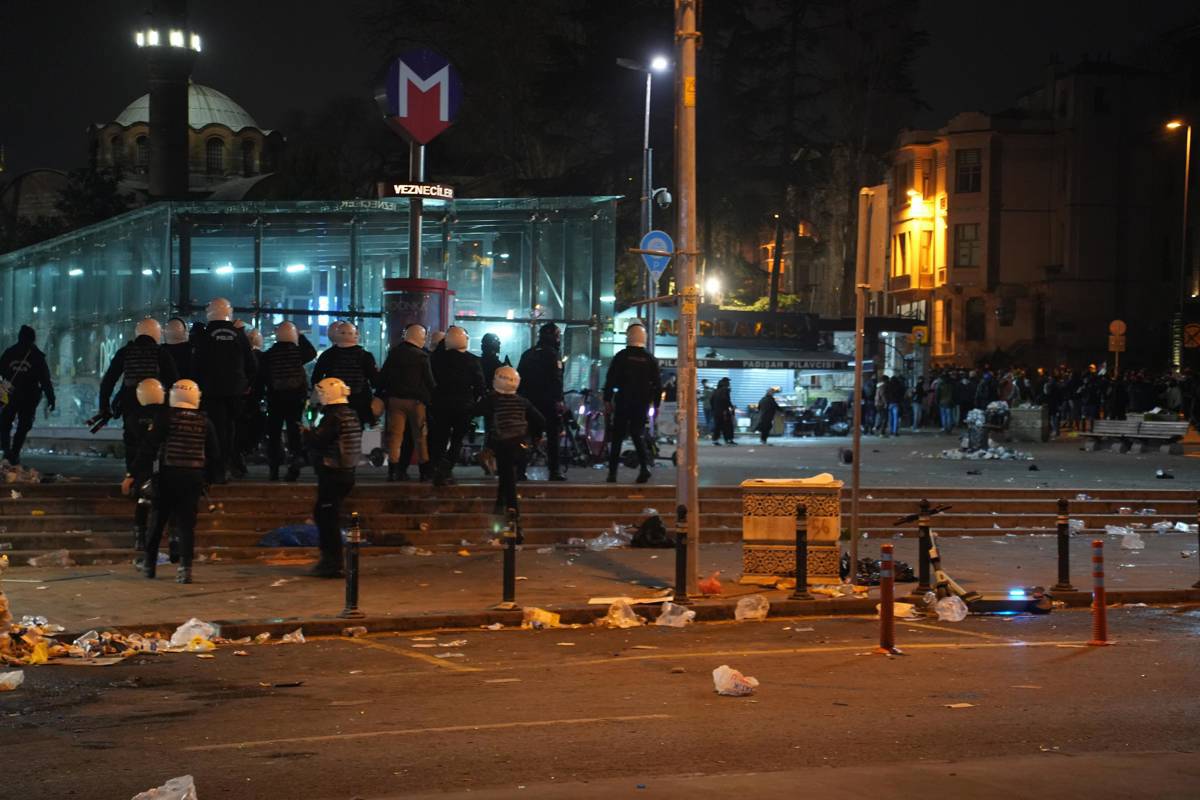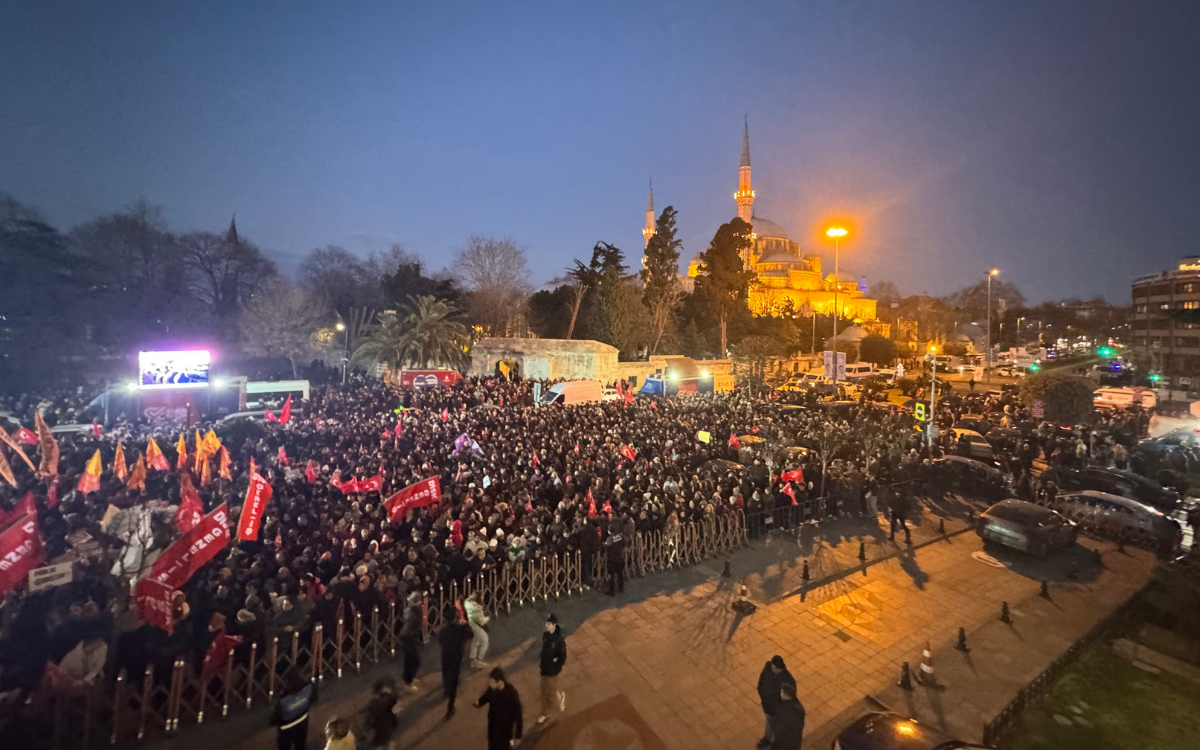On October 17, World Poverty Eradication Day, the Open Space Association - Deep Poverty Network organized a workshop titled "Poverty, Intersectionality, and Solidarity" at the Istanbul Planning Agency Florya Campus.
The Deep Poverty Network highlighted the importance of intersectionality, which links various dimensions such as class, gender, ethnicity, and space with deep poverty, and took steps to establish a new common platform on World Poverty Eradication Day.
The workshop was attended by Hacer Foggo, Coordinator of the Republican People's Party (CHP) Poverty Solidarity Office, Prof. Dr. Pınar Uyan Semerci, Prof. Dr. Emre Erdoğan, Assoc. Prof. Davuthan Günaydın, Assoc. Prof. Neşe Şahin Taşğın, and Lawyer Elif Göçmen.
"Families inheriting poverty"
In her opening speech at the workshop, Hacer Foggo, Coordinator of the CHP Poverty Solidarity Office, stated that poverty is increasing year by year, saying, "Currently, 700 million people are in deep poverty. Sustainable Development Goals cannot be achieved."
Foggo also referred to the occupational accident data for the first nine months of 2023, provided by the Workers' Health and Safety Assembly (İSİG), and said, "Increasing poverty means an increase in children pushed into crime. It means an increase in child labor. Look at the data announced by İSİG; 44 children and 1,409 workers have lost their lives in occupational accidents. The families in this report are the ones inheriting poverty."
"The system doesn't break the cycle of poverty"
Following Foggo, Prof. Dr. Pınar Uyan Semerci began her speech by asking the participants, "What kind of society do you want to live in?"
Semerci suggested that individuals should ask themselves this question first to decide if they want to combat poverty.
Emphasizing the importance of how poverty is defined, Semerci said, "Do we see poverty as laziness on the part of individuals, or do we see it as a structural problem? How we approach poverty affects the effectiveness of the fight."
Semerci also used seasonal agricultural laborers as an example of the structural nature of poverty, saying, "Seasonal agricultural laborers are the hardest workers, but the system doesn't break them out of this cycle of poverty."
"When you set conditions, it ceases to be a right"
Assoc. Prof. Davuthan Günaydın emphasized that the way social aids are provided leads to stigmatization of individuals. He stated that the selective social assistance system in Turkey increases the feeling of stigmatization and shame.
Günaydın mentioned that in Turkey, need is attempted to be measured by income tests, and the poor are obliged to prove their poverty. He said, "When you set conditions for something, it ceases to be a right."
The workshop continued with the speeches of other participants and concluded with a question-and-answer session. The Deep Poverty Network stated that this workshop is just the beginning of its work, and similar initiatives will continue in the future. (AD/TY/VK)




